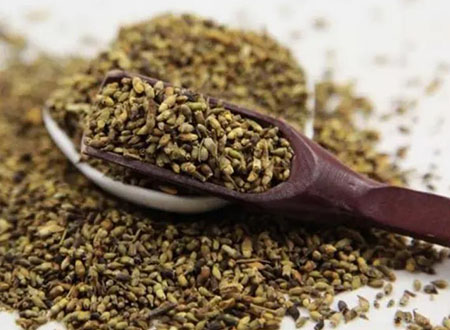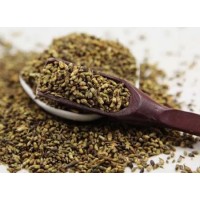How Quercetin Improves Human Metabolic Health?
Quercetin is a flavonoid that is commonly found in fruits, vegetables, and grains. It has been the focus of numerous studies due to its potential health benefits, particularly in improving human metabolic health.
Quercetin is a flavonoid that is commonly found in fruits, vegetables, and grains. It has been the focus of numerous studies due to its potential health benefits, particularly in improving human metabolic health.
Metabolic health refers to the body's ability to maintain a healthy balance of energy metabolism. This includes the ability to regulate blood sugar levels, manage insulin resistance, and maintain healthy cholesterol levels. Poor metabolic health is associated with an increased risk of chronic diseases such as type 2 diabetes, heart disease, and obesity.
One of the ways that Sophora japonica extract quercetin improves metabolic health is by reducing inflammation in the body. Chronic inflammation is a key driver of metabolic dysfunction and can lead to insulin resistance and other metabolic disorders. Quercetin has been shown to reduce inflammatory markers in the body, including C-reactive protein (CRP) and interleukin-6 (IL-6), which are associated with an increased risk of metabolic disorders.

Another way that quercetin improves metabolic health is by enhancing insulin sensitivity. Insulin is a hormone that is responsible for regulating blood sugar levels in the body. Insulin resistance occurs when the body becomes less sensitive to insulin, leading to high blood sugar levels and an increased risk of type 2 diabetes. Quercetin has been shown to improve insulin sensitivity in both animal and human studies, which may help to prevent or manage type 2 diabetes.
Quercetin also has potential benefits for managing cholesterol levels. High levels of LDL cholesterol are a major risk factor for heart disease. Quercetin has been shown to reduce LDL cholesterol levels in animal studies, which may have implications for human health as well.
In addition to these potential benefits, quercetin has also been shown to have antioxidant properties. Antioxidants are compounds that help to protect the body against oxidative stress, which can damage cells and contribute to chronic diseases. Quercetin's antioxidant properties may help to protect against a range of chronic diseases, including heart disease, cancer, and neurodegenerative disorders.
While quercetin shows promise as a potential therapeutic agent for improving metabolic health, more research is needed to fully understand its effects on human health. It is important to note that quercetin supplements are not a substitute for a healthy diet and lifestyle. Eating a diet rich in fruits, vegetables, and whole grains is the best way to ensure that you are getting a range of beneficial nutrients, including quercetin.














